Living Memory
Studying events within living memory can help young children to gain an early understanding of chronology and that history is made all of the time. It also helps them to understand the world and their place within it. Through this Key Stage 1 unit of study, children are introduced to historical concepts, vocabulary and representations through exploring the ways in which life has changed over the time of their parents, grandparents and great-grandparents. This can be used to reveal aspects of national events or changes where possible. Popular areas for this topic include family, toys, holidays, the climate, technology, school, among many others. In this section you will find articles and guidance to help you plan exciting and creative ways to introduce your children to the study of history.
-

Take one day: undertaking an in-depth local enquiry
ArticleClick to view -
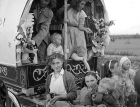
Teaching Gypsy, Roma and Traveller history
ArticleClick to view -

Teaching about Remembrance Day in EYFS
ArticleClick to view -

Teaching about the German Occupation of Jersey through the Occupation Tapestry
ArticleClick to view -

Teaching about the Kindertransport without the Kinder
ArticleClick to view -
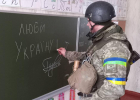
Teaching about the Russian invasion of Ukraine and events happening there
ArticleClick to view -

Teaching ‘changes within living memory’: making the most of your school
ArticleClick to view -

Ten texts for the Platinum Jubilee
ArticleClick to view -
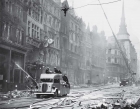
The Blitz: All we need to know about World War II?
ArticleClick to view -

The Coronation
ArticleClick to view -

The Coronation of King Charles III
ArticleClick to view -
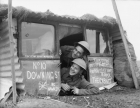
The Phoney War: teaching WWII
ArticleClick to view -

The Queen in procession
ArticleClick to view -
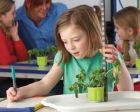
Using 'Development Matters' in the Foundation stage
ArticleClick to view -

Using classic fiction to support the study of childhood in Victorian times
ArticleClick to view -

Using oral history in the classroom
Multipage ArticleClick to view -
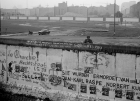
Using photographic evidence to explore the impact of the Berlin Wall
ArticleClick to view -

Using the back cover image: Communications
ArticleClick to view -
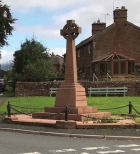
Using the back cover image: Lest We Forget
ArticleClick to view -

Using the back cover image: Westonzoyland War Memorial
ArticleClick to view

